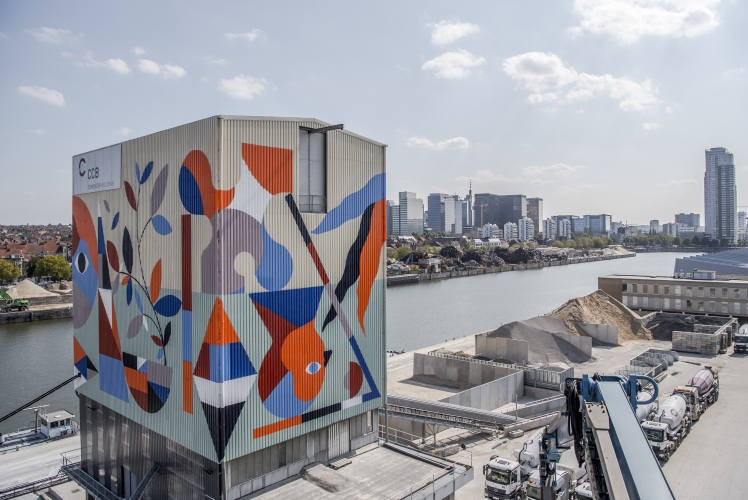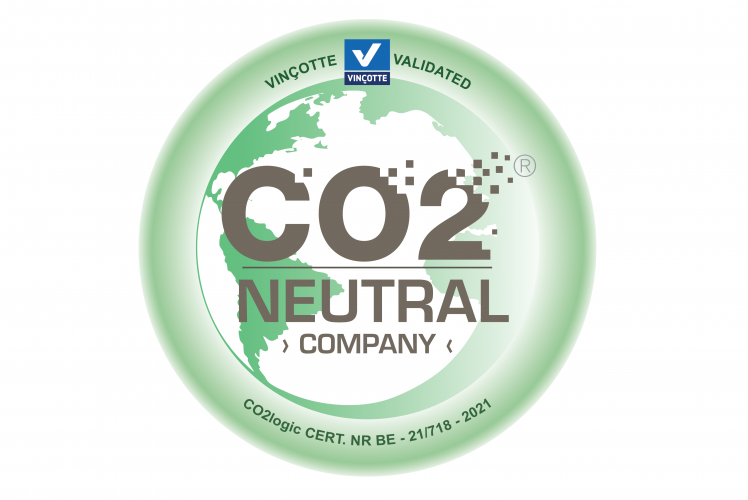Cementir launches carbon-neutral concrete in Belgium
CCB, Cementir Holding Belgian subsidiary, has received a CO2-neutral® certificate for its ready-mixed concrete plant in Brussels. This is the first net zero CO2 concrete for Cementir and it is an important milestone in its sustainability strategy. All production process emissions have been offset by supporting certified climate projects.
Launched on the initiative of the Port of Brussels, our team, with the help of CO2 Logic experts, collected and analysed all the data related to the carbon footprint of the Brussels plant and has received CO2-Neutral certification for the site, a process validated by the independent inspection body Vinçotte.
The CO2-Neutral® label guarantees that companies that are awarded this label actively assess, reduce and compensate their local and global climate impact. Unlike 'greenwashing', this label can only be achieved through serious, demonstrable climate efforts.
As a Group, we are committed to providing innovative and sustainable solutions including low-carbon cement and concrete. In Belgium, CCB has made significant progress over the last two years launching a new product range under the C-Green brand: C-Green Neutral, a sustainable concrete with low carbon footprint and C-Green Recyc, a sustainable concrete made with recycled aggregates.
Furthermore, the ready-mix concrete portfolio range produced in Brussels plant has been Cradle to Cradle Certified™️ Silver.
“CCB will also be a pioneer in using FUTURECEM® limestone calcined clay technology developed by Cementir in the French market and we are proud of it” said Marie-Sophie Foucart, Director Ready-mix Concrete Belgium & France.
Project Water in Rwanda
In order to obtain carbon neutrality, unavoidable emissions are offset through certified climate projects.
Cementir supports a water project in Rwanda which provides safe and clean water using borehole technology to hundreds of households in the province of Nyagatare. Through the implementation of safe water solutions such as the rehabilitation of new boreholes, there is no need to purify water for drinking, cleaning and washing. This leads to a reduction in wood combustion and as a result to a reduction of greenhouse gas emissions. It also improves livelihoods of the local population by ensuring better health conditions, air quality and saving a lot of valuable time for women.
The project is certified by the Gold Standard.

